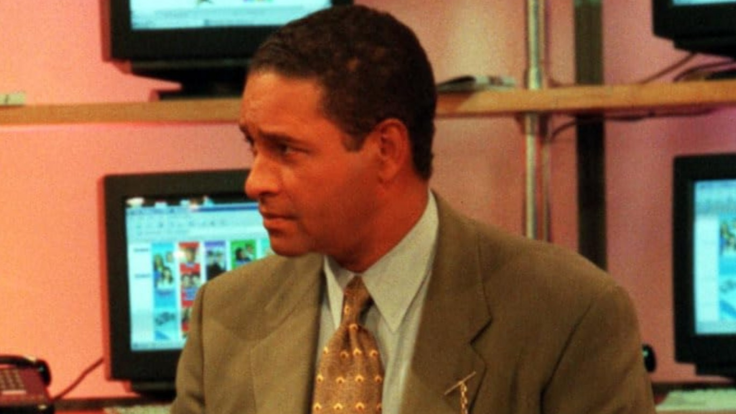When Journalists Become the Story: Bryant Gumbel's Hospitalisation Hits Home for the News Industry
The broadcasting legend's sudden health emergency forces newsrooms to confront the delicate balance between professionalism, privacy, and personal admiration.

The sudden hospitalisation of veteran broadcaster Bryant Gumbel has not only sparked a flood of public concern but also exposed a rarely discussed dilemma in newsrooms: what happens when journalists become the story?
Gumbel, 77, was rushed to a New York City hospital on Monday evening following what was described as a 'medical emergency'. The news, first reported by TMZ, spread rapidly across social media, with fans, celebrities, and fellow journalists expressing shock and support.
But behind the headlines and hashtags lies a more intimate challenge, one that only journalists truly understand. When a respected media figure falls ill, the reporters covering the story often find themselves grappling with conflicting roles, as professionals tasked with informing the public and as colleagues, admirers, or even friends of the person in question.
A News Legend Under the Spotlight
Gumbel is not just any public figure. As a trailblazing Black journalist, former co-host of NBC's Today, and creator of HBO's Real Sports with Bryant Gumbel, he has spent more than five decades covering the biggest stories in America. Now, his own health has become one.
News outlets were quick to publish alerts, but many took a noticeably measured tone, offering updates while also respecting the family's privacy.
HBO, where Gumbel worked for nearly 30 years, issued a brief but poignant statement: 'Our thoughts are with Bryant and his family. His impact on journalism is immeasurable.'
NBC News, where Gumbel anchored for 15 years, did not rush to speculate or sensationalise. Instead, it shared archival footage of his most memorable moments and tributes from former colleagues.
Ethical Lines and Emotional Ties
The restraint in coverage speaks volumes about the emotional tightrope many newsrooms walk when reporting on their own.
'It's not just about getting the story right,' one senior network producer told the Daily Mail. 'It's about knowing when to pause, when to humanise, and when to step back.'
Journalists are trained to maintain objectivity, but when someone like Gumbel is in the headlines, those lines blur. Reporters who once shared studio space with him or who credit him for opening doors in media are now covering his health crisis. The tone naturally shifts from detached reporting to personal reflection.
Social media platforms like X (formerly Twitter) saw an outpouring of love from fellow journalists, many of whom admitted they found it difficult to stay neutral.
'Bryant made me want to be a journalist,' one user wrote. 'It's surreal reporting on his hospitalisation.'
Privacy Versus Public Interest
In most celebrity hospitalisations, outlets are quick to chase medical updates. But in Gumbel's case, few details have emerged, not because of lack of access, but likely out of respect.
This reflects a larger conversation happening within journalism about where to draw the line between public interest and personal boundaries, especially when the subject is someone who once shaped newsroom ethics.
Gumbel himself has long championed accountability and compassion in reporting, particularly through Real Sports, where he exposed corruption and abuse within the sporting world. Now, that same ethos is shaping how the media responds to his moment of vulnerability.
When the Story Hits Home
For a generation of journalists, Bryant Gumbel is not just a television icon. He is a mentor, a standard-setter, and, for many, a friend.
As fans continue to send prayers and well wishes, the industry he helped build is holding its breath. The story is still unfolding, but the coverage so far reveals something deeper than breaking news. It shows how journalism wrestles with heart and professionalism when one of its own becomes the headline.
© Copyright IBTimes 2025. All rights reserved.





















